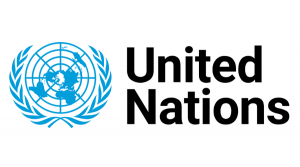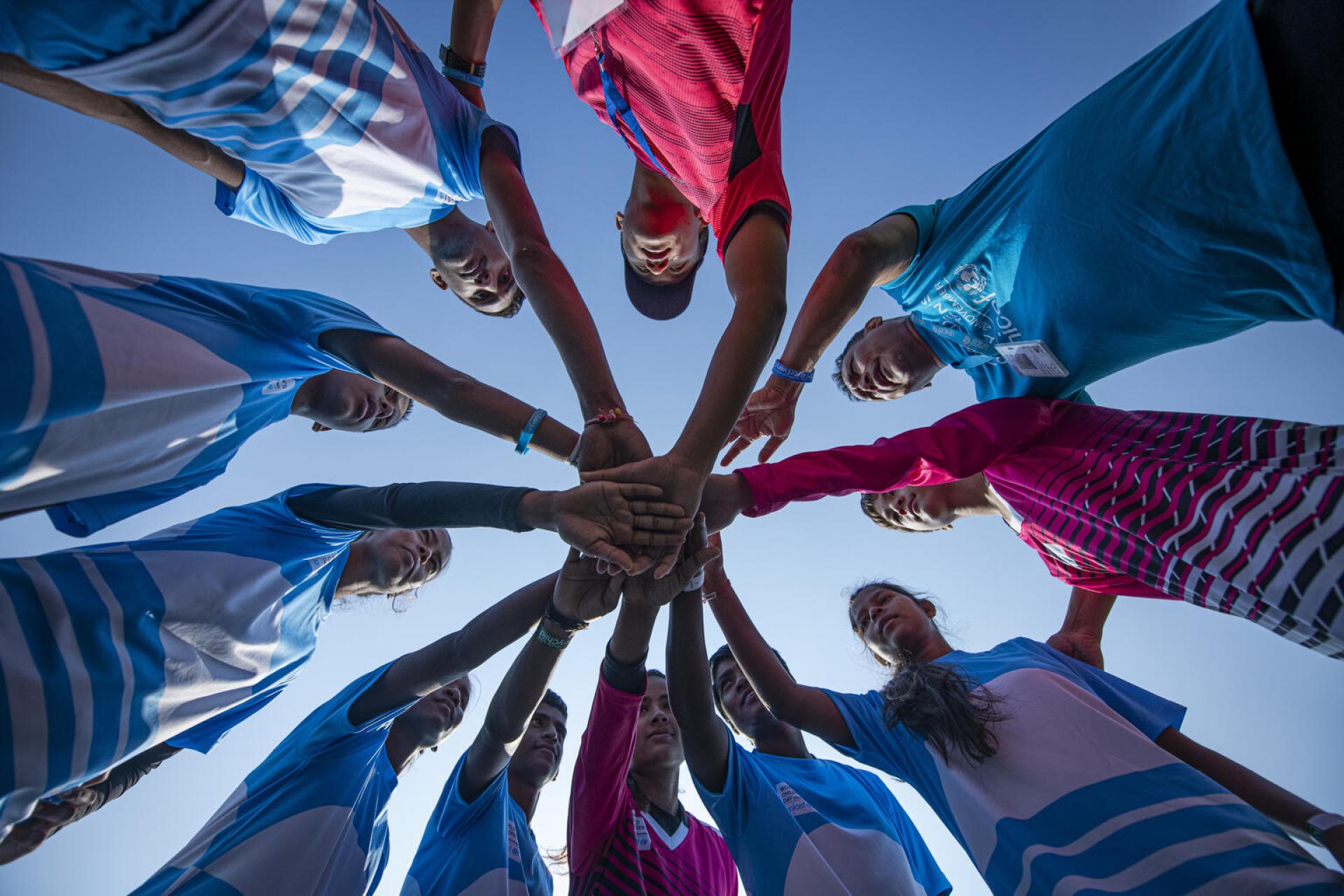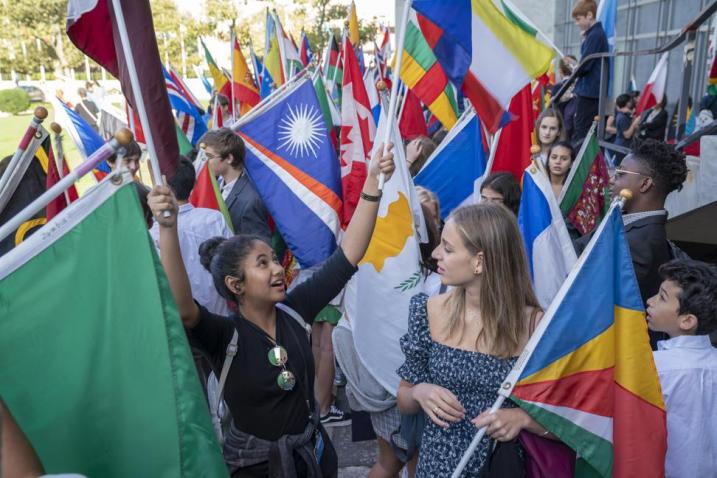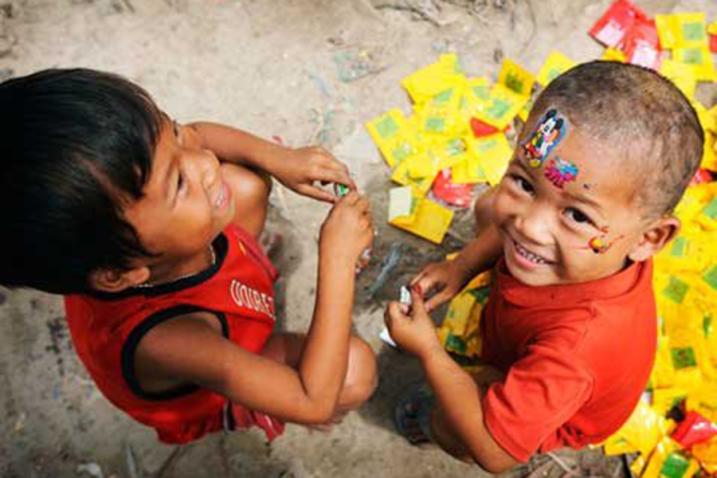
2023 Theme: For every child, every right
World Children’s Day was first established in 1954 as Universal Children’s Day and is celebrated on 20 November each year to promote international togetherness, awareness among children worldwide, and improving children’s welfare.
November 20th is an important date as it is the date in 1959 when the UN General Assembly adopted the Declaration of the Rights of the Child. It is also the date in 1989 when the UN General Assembly adopted the Convention on the Rights of the Child.
Since 1990, World Children’s Day also marks the anniversary of the date that the UN General Assembly adopted both the Declaration and the Convention on children’s rights.
Mothers and fathers, teachers, nurses and doctors, government leaders and civil society activists, religious and community elders, corporate moguls and media professionals, as well as young people and children themselves, can play an important part in making World Children’s Day relevant for their societies, communities and nations.
World Children’s Day offers each of us an inspirational entry-point to advocate, promote and celebrate children’s rights, translating into dialogues and actions that will build a better world for children.
What will you do?
World Children’s Day is UNICEF’s annual day of action for children, by children.
From climate change, education and mental health, to ending racism and discrimination, children and young people are raising their voices on the issues that matter to their generation and calling for adults to create a better future.
This World Children’s Day, it’s more important than ever that the world listens to their ideas and demands.
On 20 November, kids are speaking out and reimagining a better future. What will you do?
Explore what’s happening this World Children’s Day and see how you can take part.
 Looking for inspiration? See the highlights from World Children’s Day last year
Looking for inspiration? See the highlights from World Children’s Day last year
In the aftermath of World War II, the plight of Europe’s children was grave, and a new agency created by the United Nations stepped in to provide food and clothing and health care to these children. In 1953, UNICEF became a permanent part of the UN. Today, the agency works in more than 190 countries and territories, focusing special effort on reaching the most vulnerable and excluded children, to the benefit of all children, everywhere.

Click here to Read More…






